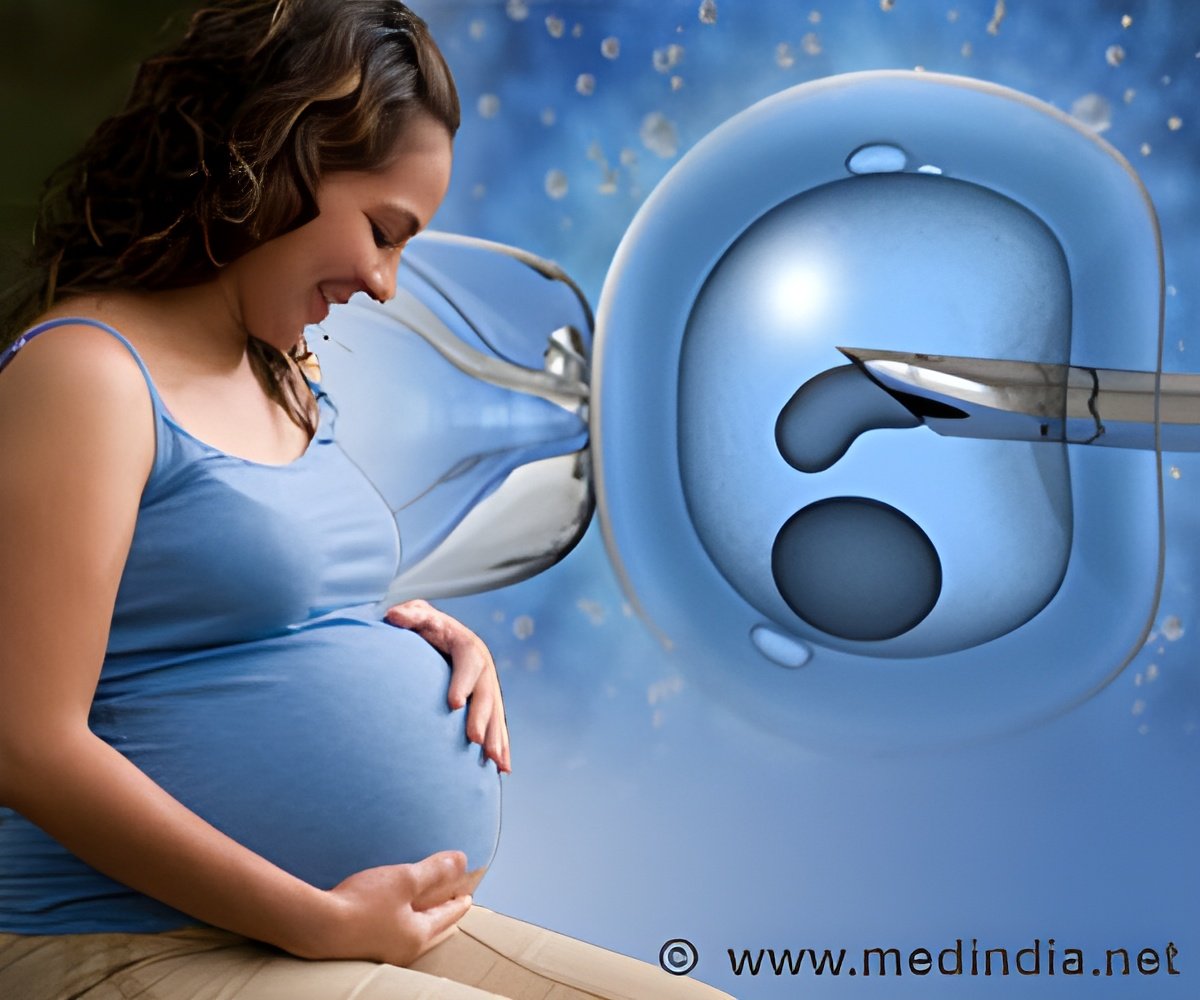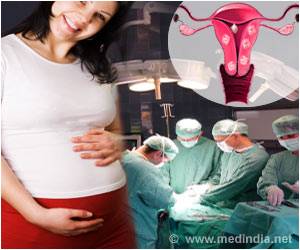Children born through assisted reproduction will have the right to know the sperm donor's identity, as stipulated by the current law for couples.

The medical techniques to bring about conception and birth of a child, includes artificial insemination, in vitro fertilization, egg and embryo donation, and drug therapy. "Current legislation is based on an outdated view (of families), which says you need two people to raise a child. We know that’s not true, and that in fact it never was, said Justice Minister Morgan Johansson.
When the new law comes into effect likely in April 2016, single women will be just as entitled as couples to access the country’s heavily subsidized assisted reproduction programs in the public health sector.
"The rules will not be any more difficult," Johansson said.
Children born through assisted reproduction will have the right to know the sperm donor’s identity, as stipulated by the current law for couples.
Single women are already allowed to receive this type of medical assistance in several countries including Belgium, Spain, Denmark, Britain, Australia and the United States.
Source-Medindia
 MEDINDIA
MEDINDIA




 Email
Email




